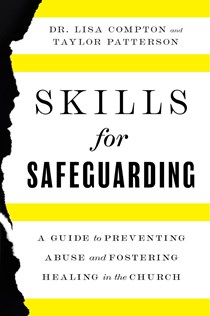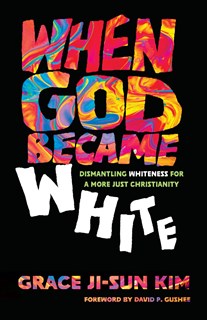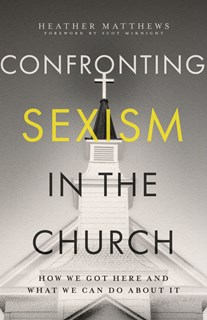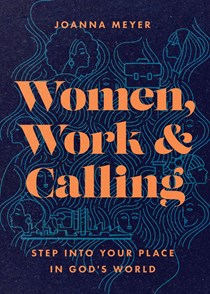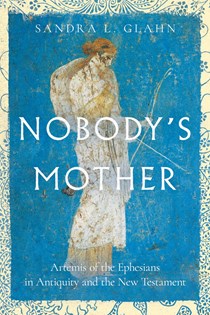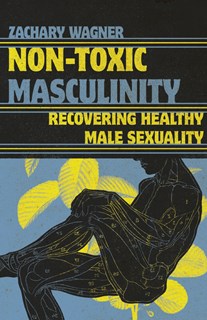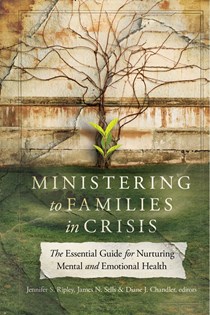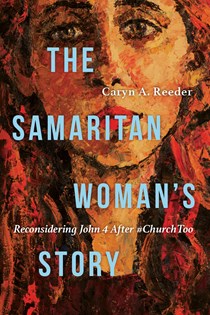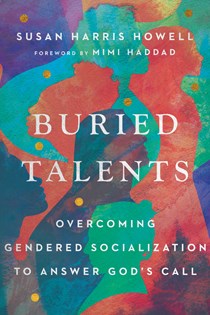Gender Studies
-
Sexuality and Sex Therapy
A Comprehensive Christian Appraisal
Christian Association for Psychological Studies Books
by Mark A. Yarhouse and Erica S. N. Tan
A Comprehensive Survey of Human Sexuality from a Christian Perspective
The field of human sexuality is one of ever-increasing complexity, particularly for Christian therapists and psychologists seeking to be faithful to Scripture, informed by science, and sensitive to culture. In Sexuality and Sex Therapy, Mark Yarhouse and Erica Tan offer a survey and appraisal of ...
-
Skills for Safeguarding
A Guide to Preventing Abuse and Fostering Healing in the Church
by Lisa Compton and Taylor Patterson
The Only Textbook on Safeguarding for Faith-Based Ministries and Seminaries
Christians are called to care for the vulnerable, but churches have not always led the way in becoming places safe from abuse. Increasingly, organizations and churches are recognizing the importance of the field of safeguarding: training and equipping people to prevent abuse, ...
-
When God Became White
Dismantling Whiteness for a More Just Christianity
by Grace Ji-Sun Kim
Foreword by David P. GusheeWhen Western Christians think about God, the default image that comes to mind is usually white and male. How did that happen?
Christianity is rooted in the ancient Near East among people of darker skin. But over time, European Christians cast Jesus in their own image, with art that imagined a fair-skinned Savior in the style of imperial rulers. Grace Ji-Sun Kim explores the ...
-
Confronting Sexism in the Church
How We Got Here and What We Can Do About It
by Heather Matthews
Foreword by Scot McKnightHow to Fight Sexism in the Church
Despite the real progress that has been made in recent years, women continue to be silenced, wounded, and relegated to the sidelines in our churches. Many churches—even churches that outwardly affirm and platform women—remain unaware of the patterns and cultures at play that set up unseen barriers for women.
This is a book for Christians ...
-
Women, Work, and Calling
Step into Your Place in God's World
by Joanna Meyer
Women now have professional opportunities beyond what previous generations ever imagined. But as our roles in public life have grown, the church's vision for women's work and calling has not grown with us, leaving us feeling isolated and under-resourced. Christian women face multiple tensions between home and work, navigating complex gender dynamics in the workplace and social pressure ...
-
Nobody's Mother
Artemis of the Ephesians in Antiquity and the New Testament
by Sandra L. Glahn
How Has Misinterpreting Paul Led to the Silencing of Women?
Some Christians think Paul's reference to "saved through childbearing" in 1 Timothy 2:15 means that women are slated primarily for delivering and raising children. Alternate readings, however, sometimes fail to build on the best historical and textual evidence.
Sandra Glahn thinks that we have misunderstood ...
-
Non-Toxic Masculinity
Recovering Healthy Male Sexuality
by Zachary Wagner
Dismissals such as "boys will be boys" and "not all men" are ingrained in our world. And the purity culture of our youth sold the same excuses with a spiritual spin. Can we break the toxic cycle and recover a healthy identity for men?
In Non-Toxic Masculinity, Zachary Wagner tells men, "If you are in Christ, this is your problem—and you should be part of the solution."
Reflecting ...
-
Ministering to Families in Crisis
The Essential Guide for Nurturing Mental and Emotional Health
Edited by Jennifer S. Ripley, James N. Sells, and Diane J. Chandler
A Guide for Ministry Leaders to Provide Mental Health First Aid
When people encounter a crisis, they often turn to ministry leaders, who may feel unprepared to guide them. Families face a multitude of challenges, from depression and anxiety to relational conflict to trauma and abuse. Providing the right resources and tools to help church members navigate their journeys is ...
-
The Samaritan Woman's Story
Reconsidering John 4 After #ChurchToo
by Caryn A. Reeder
Reader's Choice Award Winner
Most Christians have heard a familiar description of the Samaritan woman in John 4: she was a sinner, an adulteress, even a prostitute. Throughout church history, the woman at the well has been seen narrowly in terms of her gender and marital history. What are we missing in the story? And what difference does our interpretation ...
-
Buried Talents
Overcoming Gendered Socialization to Answer God's Call
by Susan Harris Howell
Foreword by Mimi HaddadReader's Choice Award Winner
If God is calling women to lead, what's holding them back? Susan Harris Howell has spent years helping students investigate this question. In Buried Talents, she makes clear how gender disparity in leadership is directly connected to a larger, less overt issue: gendered socialization. Howell examines gendered messages ...



